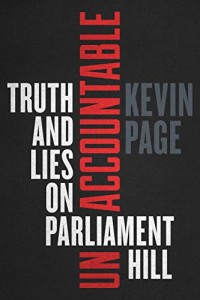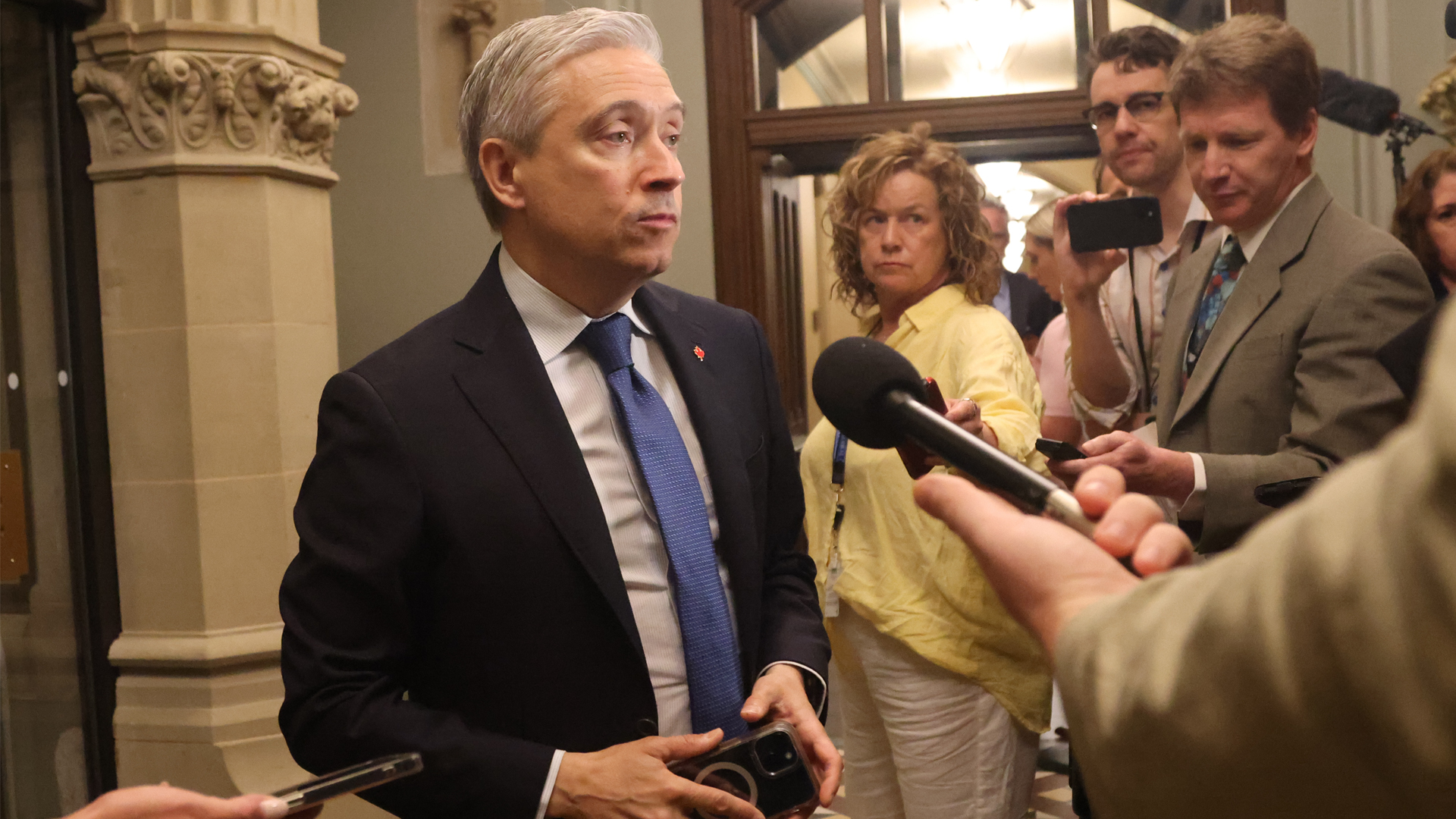
Once the (parliamentary budget officer) position had been created, it initially appeared that few qualified people wanted to sign up for the assignment. After all, there was a certain kind of “kill the messenger” aspect to the job. If you delivered independently researched, unbiased information to Parliament about costs, you risked facing the wrath of the executive that had appointed you to the position in the first place, especially if your estimates contradicted the government’s. Within the existing civil service culture in Canada, there had never been a mechanism that provided for open disagreement with government financial policy. Unlike the American example of the Congressional Budget Office in Washington, Ottawa was a closed shop. The corollary would be to simply say nice things about the government in power, but then you would face the ridicule and scorn of the media and the Canadian populace for being too soft on the government. It appeared to be a no-win scenario. The perception among many senior-level civil servants was that taking the position would mean the end of their public service career, one way or another. There weren’t a lot of people waiting in line to sign up for that kind of assignment.
 Excerpted from Unaccountable: Truth, Lies and Numbers on Parliament Hill, by Kevin Page. © 2015 Kevin Page. Published by Penguin Canada, a division of Penguin Random House Canada Limited. Reproduced by arrangement with the publisher. All rights reserved.
Excerpted from Unaccountable: Truth, Lies and Numbers on Parliament Hill, by Kevin Page. © 2015 Kevin Page. Published by Penguin Canada, a division of Penguin Random House Canada Limited. Reproduced by arrangement with the publisher. All rights reserved.







